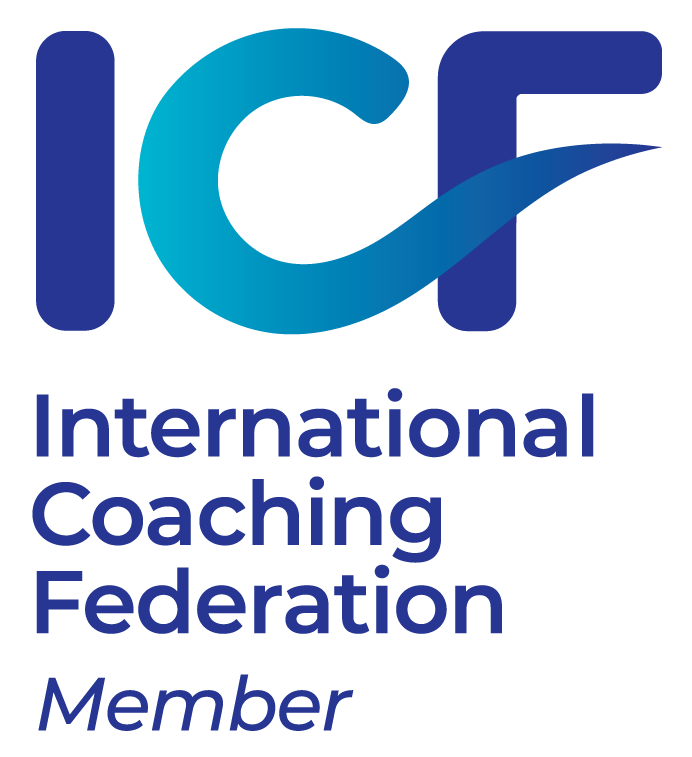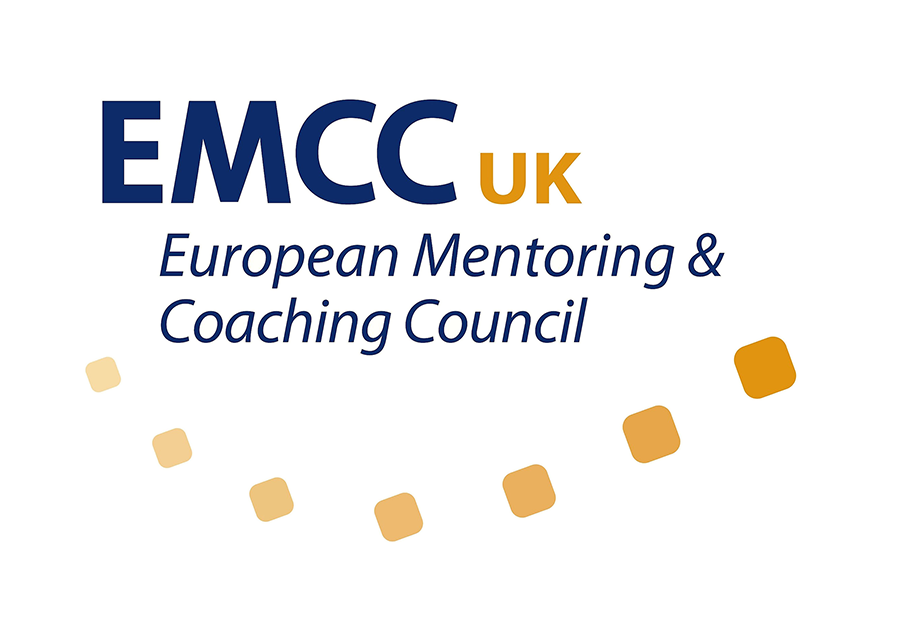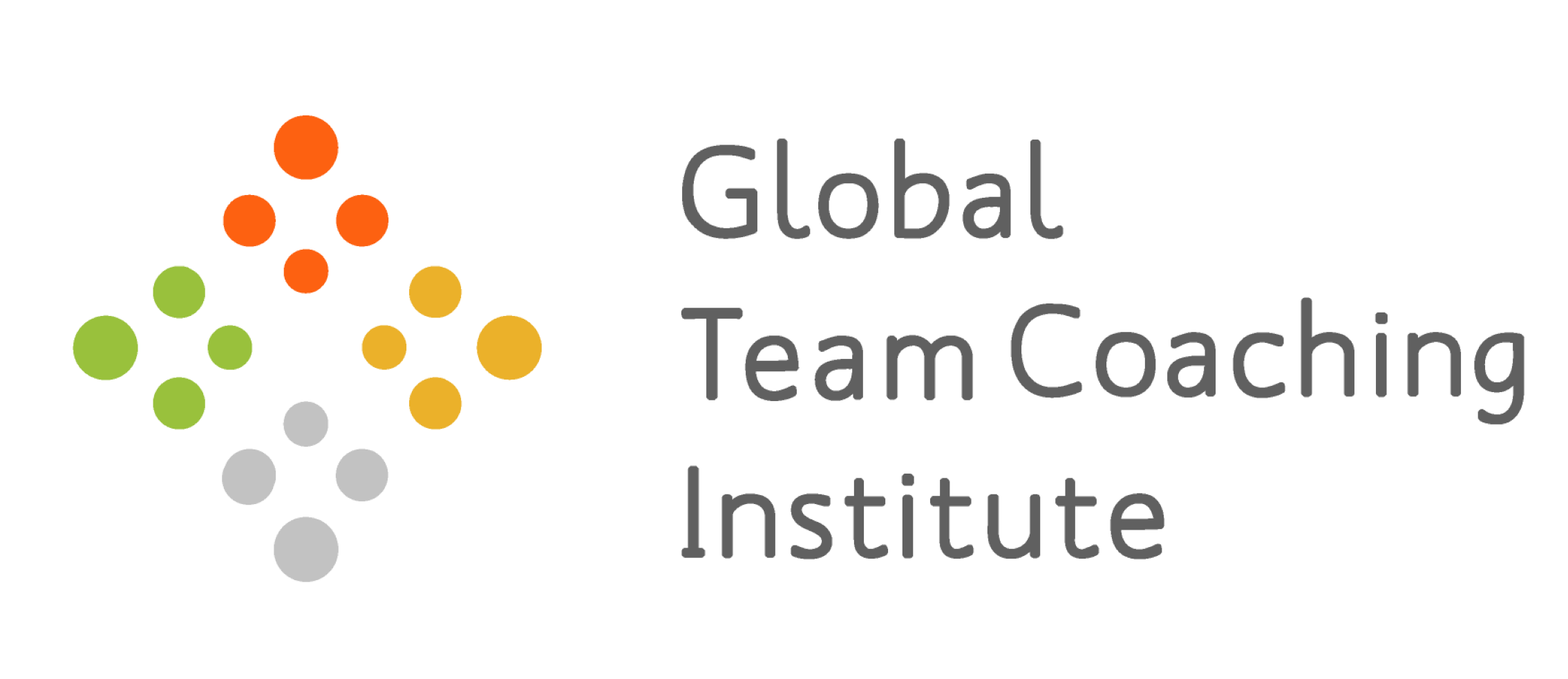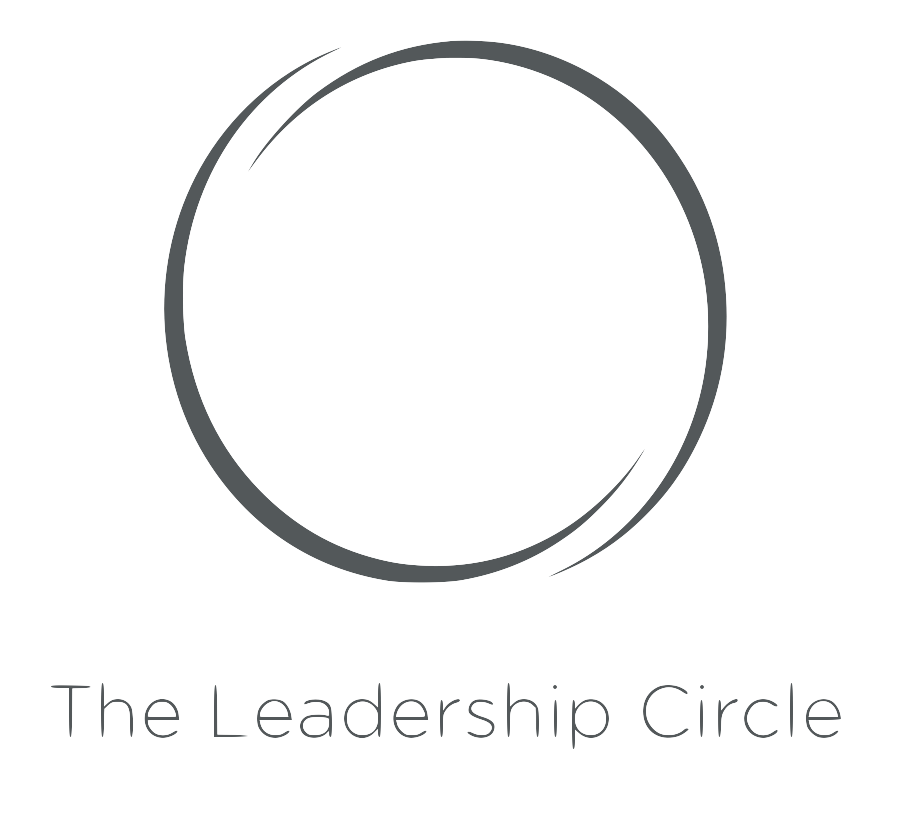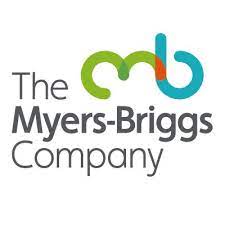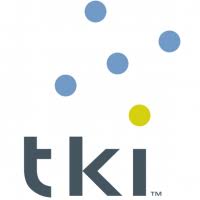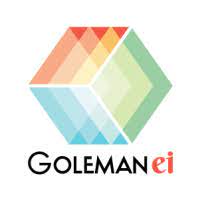Emotional Quotient™ (EQ)
Emotional intelligence (EI) is considered to be one of the most desirable characteristics in a leader. One study found that individuals with high EI could be 40% to 122% more effective in positions involving influencing, managing, negotiating and/or serving others. The TTI EQ provides a simple model for people to understand and develop EI.
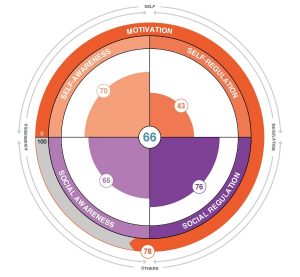
What Does Emotional Quotient™ (EQ) Measure?
The TTI Emotional Quotient™ EQ explores the question: DO we actively apply our emotional intelligence?
TTI's EQ assessment accurately measures a person’s emotional intelligence, which is the ability to sense, understand and effectively apply the power of overall emotional well-being to facilitate higher levels of collaboration and productivity.
While there are a number of EI models, essentially they all come back to 4 core concepts. People with emotional intelligence tend to:
Be aware of their own emotional states and the impact they have.
Be aware of others’ emotional states and the impact they have.
Take action to manage or impact their own emotional states for the better.
Take action to manage or impact others’ emotional states for the better.
Research suggests that people who have developed and apply the principles of emotional intelligence tend to enjoy greater mental and physical health, increased job performance, more productive relationships and a host of other benefits.
The Emotional Quotient™ (EQ) Report
The TTI Emotional Quotient™ is a 13-page report. This business-friendly EQ profile is a simple yet powerful emotional intelligence assessment designed to be used by real people to get real results. Descriptions of the five core EQ factors measured are as follows:
Self-Awareness – How actively we take our emotional temperature.
Self-Regulation – How actively we manage our emotional states in a positive manner.
Motivation – How actively we use our emotional energy to move us closer to our goals.
Empathy – How actively we observe others’ emotional temperature.
Social Skills – How actively we manage the emotional states of others.
Emotional Quotient™ (EQ)
Over the years, the concept of emotional intelligence has been explored by many researchers, experts and consultants. The result is a multitude of models and concepts that are often complex, cumbersome and difficult to apply. With this in mind, the TTI Emotional Quotient™ provides a simple yet powerful way to introduce the core concepts of emotional intelligence. The “multi-science” approach, however, allows us to take this a step further to provide additional depth and clarification.
Why is Multi-Science Important?
When we only have the TTI Emotional Quotient™ (or any single-dimensional assessment), we only have one perspective to understand people. The conversation around emotional intelligence can be confronting. When we combine the TTI EQ with the DISC assessment (known as Behavioural Intelligence), we gain insight into how actively the person applies the principles of emotional intelligence, as well as their behavioural style. With this combined insight, we can make the conversation more productive. For instance, someone with a “high D” and “low self-regulation” will be perceived very differently as compared with someone who has a “high D” and “high self-regulation”. With both pieces of information (i.e. EQ and DISC), we can craft specific strategies for development that are tailored to each individual.
Common Uses for the Emotional Quotient™ (EQ)
The TTI Emotional Quotient™ report is available as a 13-page coaching and development report and can also be found in two of our multi-science assessments including Behavioural Intelligence and TriMetrix EQ.
The TTI EQ has been designed to present emotional intelligence in a simple and effective model that can be applied immediately. The TTI EQ profile is commonly used in the following functions:
Training and Development:
Leadership Development.
Communication Effectiveness.
Team Effectiveness.
Sales Development.
Customer Service Training.
Coaching / Mentoring Relationships.
Strategy and Management:
Change Management.
Conflict Resolution.
Culture / Transformation.
Personal:
Personal Effectiveness.
Family Relationships.
Marriage Counselling.
Career Planning.
